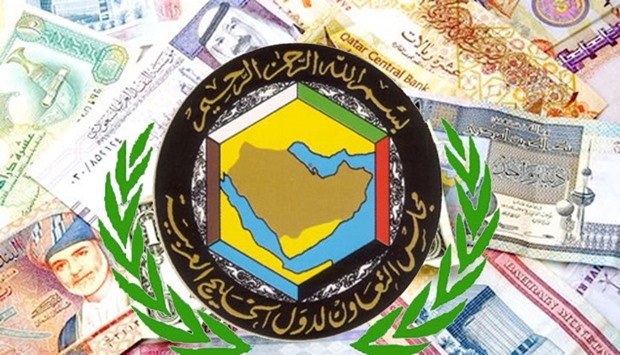However, a number of GCC countries, including Qatar, have already made “substantial progress” on preparing their tax administration systems for VAT and from July 2016 onwards the focus will shift to preparing the business community for VAT, it said.
On June 16, the finance ministers of the Gulf Cooperation Council (GCC) attended an extraordinary meeting in Jeddah, Saudi Arabia on GCC value added tax (VAT). Economic integration in the GCC was also on the agenda.
Following the meeting, the GCC chairman, Bahrain’s finance minister, Sheikh Ahmad bin Mohammed al-Khalifah announced that the ministers approved the introduction of GCC VAT, adding that some procedural aspects will be discussed in further detail in a future meeting.
The chairman also re-affirmed previous statements made by other GCC ministry of finance officials to the effect that the GCC countries would be ready for the first phase of VAT implementation by the beginning of 2018.
The VAT Framework Agreement is expected to be finalised at the next meeting of the GCC Financial and Economic Cooperation Committee in October. Additional details on the expected announcement on the VAT Framework Agreement will be provided once available.
In an earlier alert, EY said the GCC States have agreed to implement their VAT regimes in 2018. Most countries will be working to implement by January 1, 2018 to avoid distortions arising from intra-GCC trade where one country has implemented VAT and another country does not have mechanisms to deal with charging VAT from business to business and onwards to the consumer.
All GCC States will need to have implemented VAT by the end of 2018.
It has been confirmed that certain essential food items and industries such as healthcare, social services and education will be exempt from VAT.

